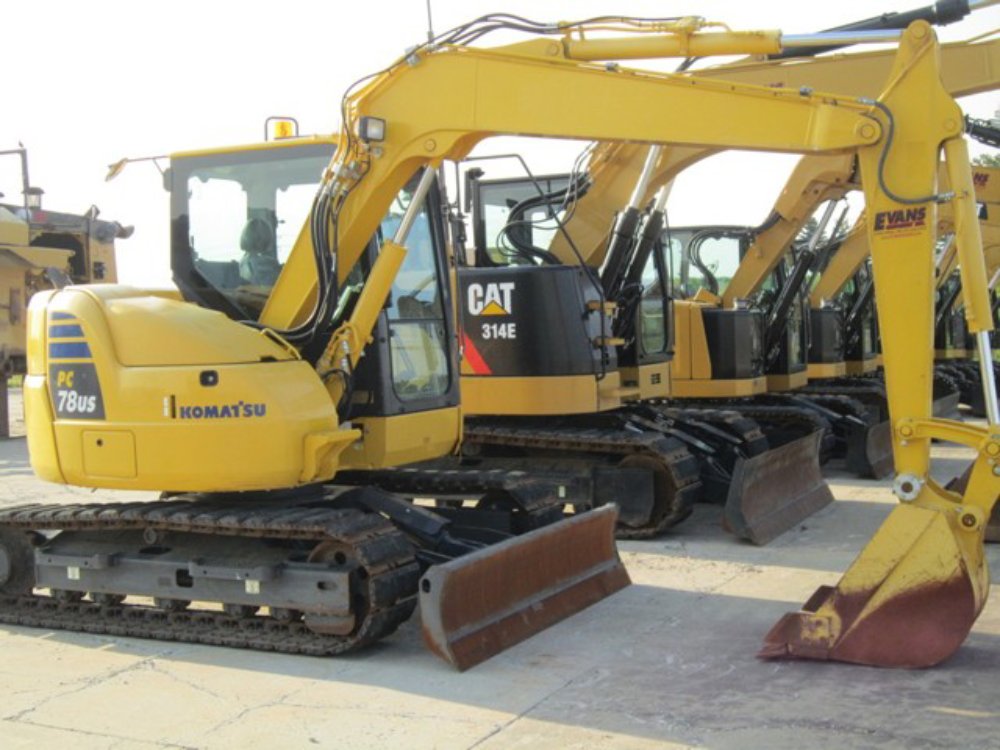Today’s story is about oil tankers, the likelihood of a potential oil tanker spill in the near future, and what that means for the Trans Mountain pipeline expansion.
If we asked you to name one of the latest major oil tanker spills, it is likely that the name Exxon Valdez would pop to the forefront of your mind. That spill happened in 1989 and at 10.8 million gallons it is one of the smaller oil spills to date. It does not even rank in the top 30 worst oil spills by size. So why do you remember hearing so much about it?
That spill, in the Prince William Sound, coated 1,300 miles of Alaskan shoreline killing an estimated 30,000 seabirds, 5,000 sea otters, 300 harbour seals, and wiping out almost half of a resident killer whale pod. Even today oil can be found just below the surface on much of that shoreline — TWENTY-SEVEN YEARS LATER. It cost Exxon Valdez US$4 billion in cleanup costs and fines. Yes, billion. With a B.
So what is our point? With the approval of the Trans Mountain pipeline expansion, it’s expected that oil tanker traffic in that area will rise from five to 34 vessels a month. That’s a 680% increase in traffic.
The threat of an oil spill is one of the biggest reasons that people oppose the pipeline and the numbers seem to justify that fear. For example, the City of Vancouver produced economic modeling that estimated the economic costs of a spill. “In the event of a May spill, Vancouver’s ocean-dependent economy could suffer total losses in the range of $380 million to $1.2 billon.” That is just the economic impact to local tourism, fisheries, and various other businesses connected to the marine environment. That staggering number does not include any cleanup costs.
After the Exxon Valdez spill, both U.S. and Canadian governments passed stringent new regulations for oil tankers and the National Energy Board has recognized that. They state that, “The probability of something going wrong with the tankers has been minimized significantly – in fact, close to zero, and that’s primarily because of the consequence side of the equation.”
Basically they are saying that they realize a major oil spill would completely devastate the area, so there is a considerable emphasis on preventing one from ever happening. There are rules in place like who is allowed to captain the vessel in certain areas of the bay, how quickly spilled oil has to be removed from the water, and many preventative measures implemented to protect shoreline.
We are not directly involved in the marine industry, CATs don’t particularly like water, but we do have a direct interest in protecting our environment. We are happy to learn about all the steps being taken to not only advance the pipeline, but to make sure it is advanced in the safest way possible. For all the pipeline constructors out there, check out our earthmoving equipment and our rebuild process. You’d be hard pressed to find better rebuilt machines.
*Partial info for this story was taken from mining.com.


